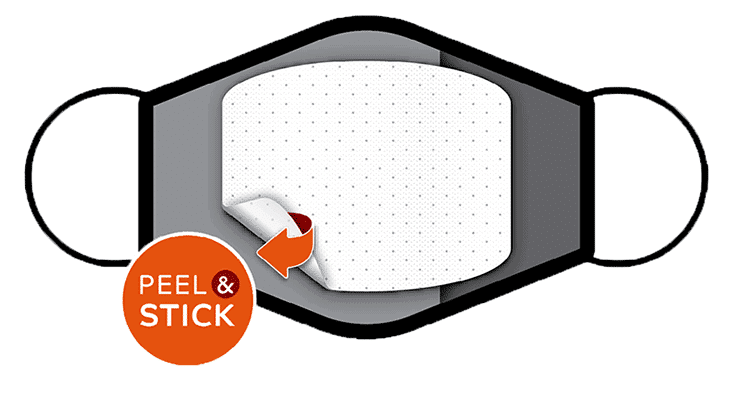
(Pictured: Members of the City of New Orleans Mosquito, Termite and Rodent Control Board (NOMTRCB) used FirstStrike Soft Bait rodenticide and Aegis Rodent Bait Stations as part of an aggressive rodent control campaign in the Big Easy.)
Editor’s note: August is PCT’s annual rodent control issue, featuring several business and technical articles on rodent control. In addition to this coverage, rodent control product manufacturer Liphatech provided PCT with the following “online extra” article about its involvement in New Orleans’ rodent control efforts amid COVID-19.
In New Orleans, as with many cities across the country, the lockdown resulted in the sudden stoppage of typical human activity across urban areas and the subsequent absence of human food waste – rodents’ primary food source. Starting in mid-March, rodents had to work harder to find food, and reports of rodents foraging out in the open proliferated around the globe.
Seeing the opportunity for significant rodent control due to both the lack of people and competitive food sources, but stuck in a pandemic-induced spending freeze, the NOMTRCB started reaching out to previous corporate partners and manufacturers for help.
Liphatech, manufacturer of rodent control products, including FirstStrike Soft Bait rodenticide and Aegis Rodent Bait Stations, stepped up.
“This was a very rare opportunity for a city to really get ahead with rodent control and reduce a public health threat within a looming pandemic. We saw the value in New Orleans’ rodent control strategy and knew Liphatech products would help make it a successful one,” said John Murphy, technical support manager at Liphatech.
Liphatech donated a full pallet of FirstStrike 16 lb. soft bait pails (80 in a pallet) and a full pallet of rodent bait stations (108 in a pallet) for placement on commercial area sidewalks. Formulated with difethialone, a second-generation anticoagulant rodenticide invented by Liphatech, FirstStrike is attractive and palatable to rodents. A lethal dose may be consumed in one night’s feeding with the first dead rodents appearing 4-5 days later, Liphatech reports.
“Because pest and vector control was deemed an essential service in Louisiana during the lockdown, it allowed us to quickly react. By measuring consumption of bait, we’ve seen a dramatic decline in rodent activity with this effort. We are still working with the donated product and it has greatly reduced the amount of rodents moving out in the open,” said Director of the City of New Orleans Mosquito, Termite and Rodent Control Board, Claudia Riegel.

